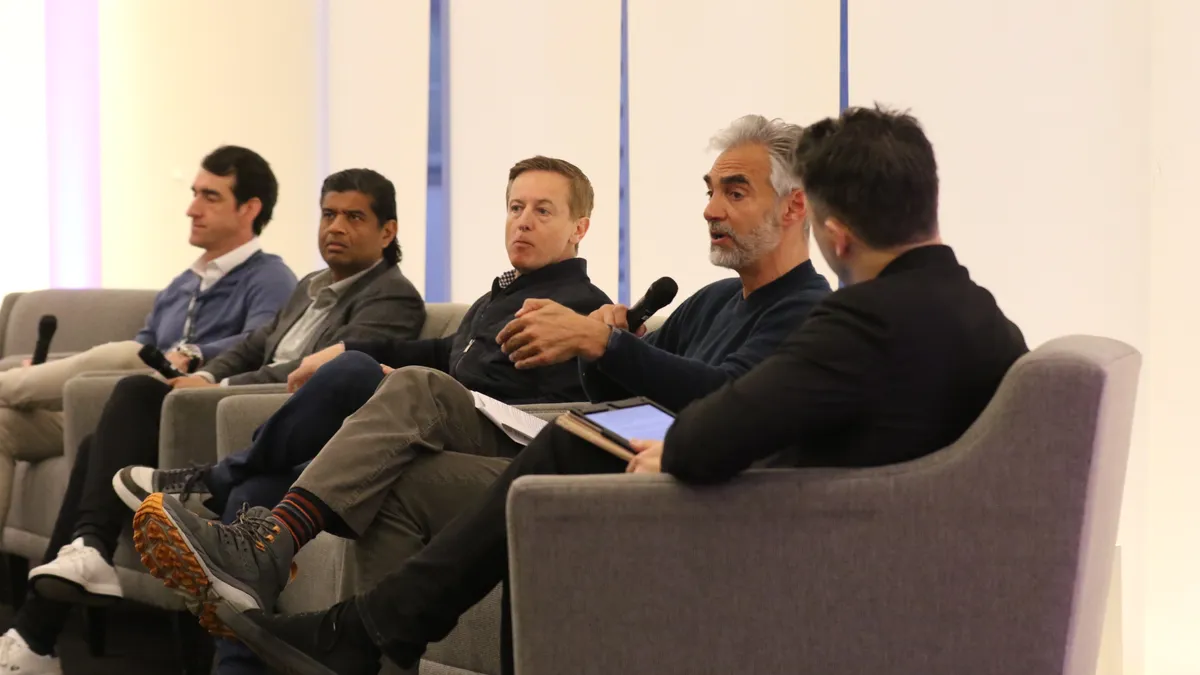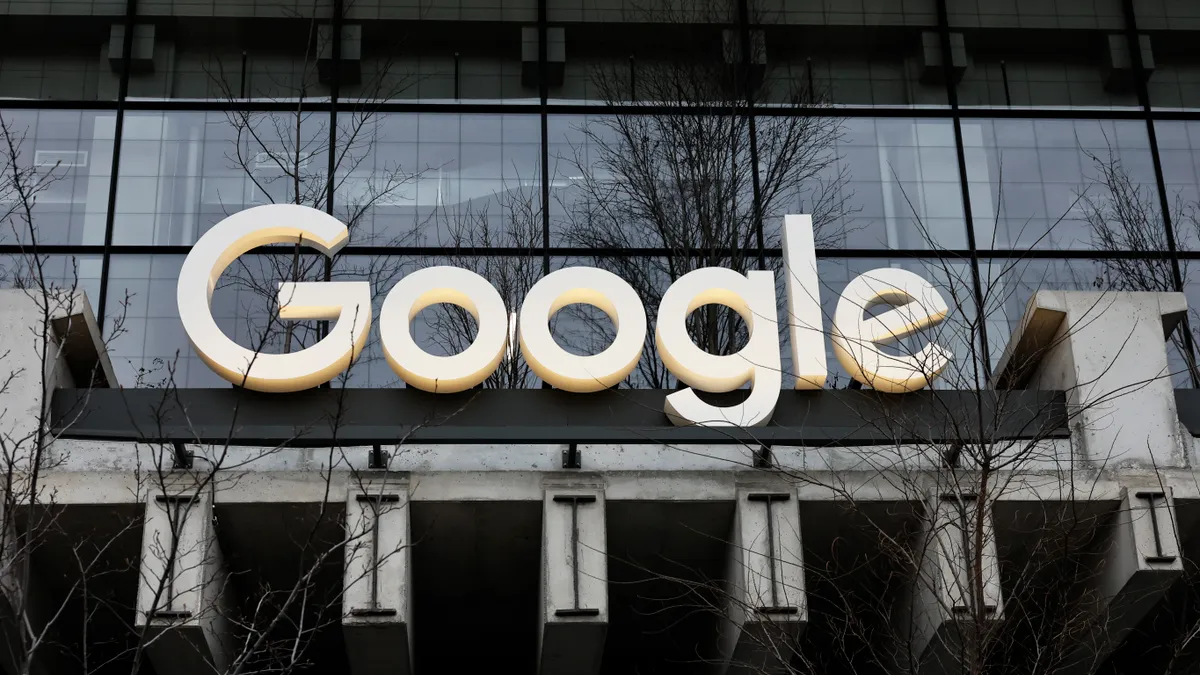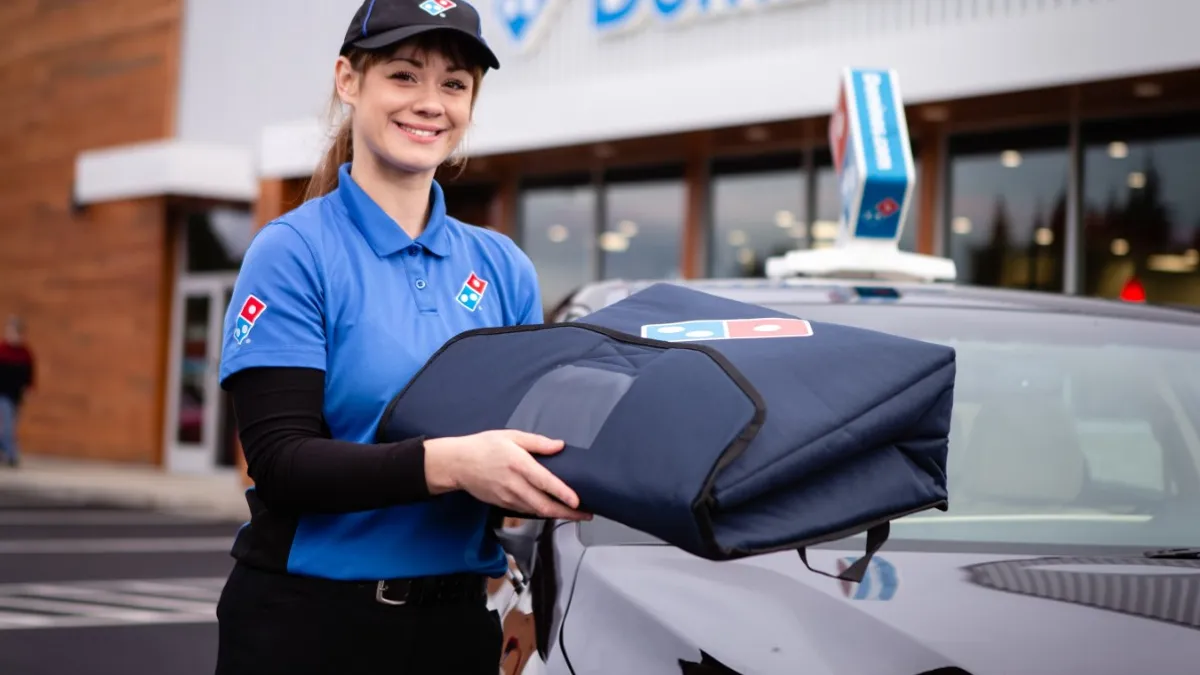The number of social media channels out there is not slowing customers down. But as consumers move fluidly from one app to the next, marketers are struggling to keep up.
A study released this month, “Brand Attraction from Enriched Interaction,” from the Chief Marketing Officer Council and sponsored by IBM Digital Experience, found marketers are still having issues providing engaging and coherent audience experiences across mobile, social and web channels.
On the question of how people rate their companies' ability to "captivate and engage customers, partners and employees through evolving mobile, web and social channels," a whopping 60% of respondents said their company just "moderately good" or "slowly evolving." Only about 16% reported their company's response was "good," and a mere 5% said "very good." Those figures were very similar for a question on effectively creating multi-channel digital campaigns.
Liz Miller, SVP at The CMO Council, told Marketing Dive, "What stood out the most to me is how slowly we seem to be evolving – or at least how slowly we want to admit we are evolving."
She added, “It just feels as if there is a lack of urgency here … like there is all the time in the world to optimize. But the reality is that time is running out. Our customer is evolving and thanks to the Internet of Things, they are going to take their actions to a whole new, data-rich, behavior-tracked level.”
Miller did point out that 65% of respondents said they believe that digital marketing is the best way to deliver higher response and engagement rates to their companies. However, she said that result likely indicates an “intensely campaign-centric” viewpoint based around click-through and response rates rather than emphasizing a more customer-centric approach of viewing digital channels as a way to deliver more compelling experiences and timely interactions.
“Where I think the leaders are leaning are those marketers who believe digital is heightening credibility and trust – brands that are demonstrating customer experience through trusted and relevant experiences,” Miller said. “I also side with the 44% of marketers that believe that digital can deliver greater customer affinity – again…these are likely the marketers who are also leverage digital as a content and communication channel that delivers the right experience through the right channel when, where and how the customer defines.”
Takeaways from best practice leaders
The report did offer marketers some actionable takeaways taking stock of what the researchers considered best-practice leaders – a group including Butterball, T-Mobile and Western Union.
The key traits those leading marketing teams had in common were:
Brands that engage better, create better
The 5% of marketers who rate their ability to captivate and engage customers, partners and employees as "extremely good," demonstrated a robust ability to develop and deploy multi-channel digital campaigns that resonate across targeted audiences.
Connecting content and commerce increases value
Around 66% of engagement leaders say that their content and commerce touch-points and strategies are highly and tightly integrated, or that they are doing a good job at securing this strategic connection. This compares to 11% of marketers who are not doing an extremely good job at engaging and captivating, but believe they have done a good job at integrating and connecting content with commerce strategies
Driving yield trumps driving clicks
High-performance marketers are reaping the rewards of delivering a more compelling customer experience (56%) and increasing customer yield through cross-sell and upsell opportunities (56%). This is compared to the lower performing brands looking to make content consumption easier (42%) and heighten credibility (43%). The disconnect between content, experience and engagement is impacting the benefits that digital interactions are delivering for these brands.
Miller emphasized that marketers’ jobs aren’t getting easier between the advent of the digital enterprise and understanding how marketing technology fits into the API economy. She added that the rise of the Internet of Things will fundamentally alter the way we engage thanks to the trove of intelligence marketers have about customers. And, the new customer experience is still shifting.
"For those smart CMOs who have already established their leadership in orchestrating the customer experience agenda and embracing their cross-functional stakeholders so that the entire organization, and not just the marketing team, is committed to their role in the customer-centricity dynamic … these CMOs will welcome these mega-trends with open and excited arms," Miller said, also sounding a cautionary note, "For those content with a slow evolution of digital, times might just be getting more turbulent."
















